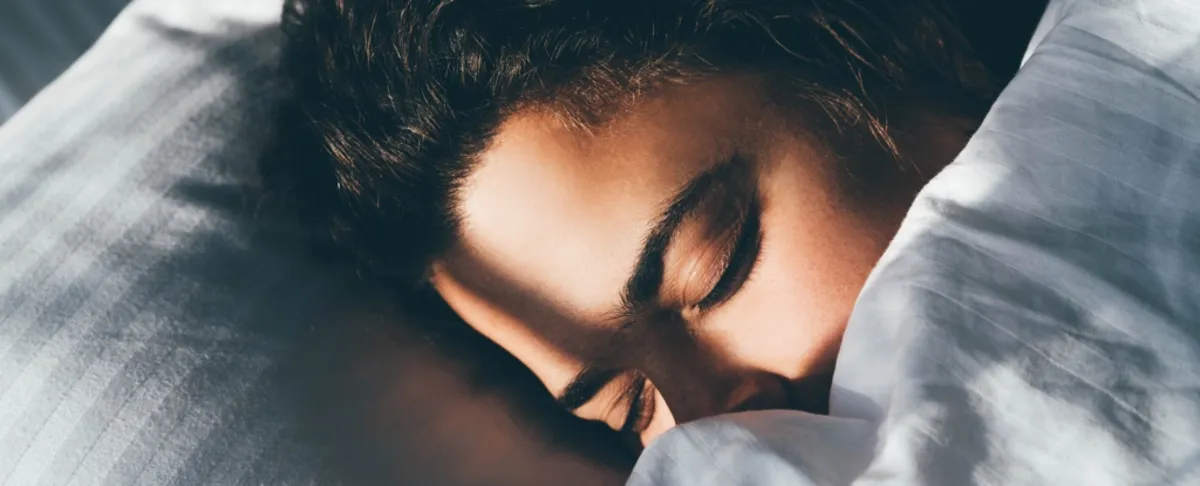
The question of how much sleep do I need each night is influenced by various factors, including genetics, lifestyle, and age. Recent research has unveiled a fascinating aspect of this question: a rare mutation in the SIK3 gene that appears to enable certain individuals to function effectively on less sleep than what is typically required. This groundbreaking study was conducted by a team from the Chinese Academy of Sciences and highlights the intricate relationship between our genetic makeup and sleep health.
The researchers identified this genetic mutation in a healthy woman in her 70s, who managed to thrive on an average of just 6.3 hours of sleep per night. This finding is part of a broader project aimed at identifying individuals who fit the profile of a natural short sleeper (NSS). Notably, this is the fifth identified genetic mutation related to short sleep, emphasizing the significant role that genetics play in determining how much sleep we need for optimal functioning.
To further understand the implications of the SIK3 mutation, researchers conducted studies with mice engineered to carry the same genetic modification. These mice exhibited a reduction in sleep duration, typically sleeping around 12 hours a day but losing approximately half an hour due to the mutation. Brain activity scans revealed that the proteins produced by the mutated gene were active in the synapses connecting neurons, suggesting a direct role in sleep regulation.
SIK3 is known to produce a type of protein called a kinase, which sends chemical signals to other proteins, influencing their functions. The findings suggest that some of this signaling may be crucial in determining the duration of sleep needed for various organisms. This research not only enhances our understanding of the genetic foundations of sleep but also sheds light on the broader implications of kinase activity in sleep regulation across different species.
The implications of these findings are significant, particularly concerning the development of potential therapeutic strategies aimed at enhancing sleep efficiency. While the creation of drugs specifically targeting sleep disorders is still a distant goal, each study brings us one step closer to that objective. The identification of genetic mutations like SIK3 and the individuals affected by them provides invaluable insights into the brain's activities during sleep, including maintaining a healthy immune system, preserving cognitive functions, and processing daily events.
As neuroscientist and geneticist Ying-Hui Fu from the University of California, San Francisco, notes, individuals with the NSS profile can perform various bodily functions at a higher level during sleep. This ongoing research highlights the importance of understanding the genetic factors influencing sleep and opens the door to innovative approaches for addressing sleep-related issues. By delving deeper into the genetic underpinnings of sleep, we can better comprehend how to optimize our sleep health and overall well-being.